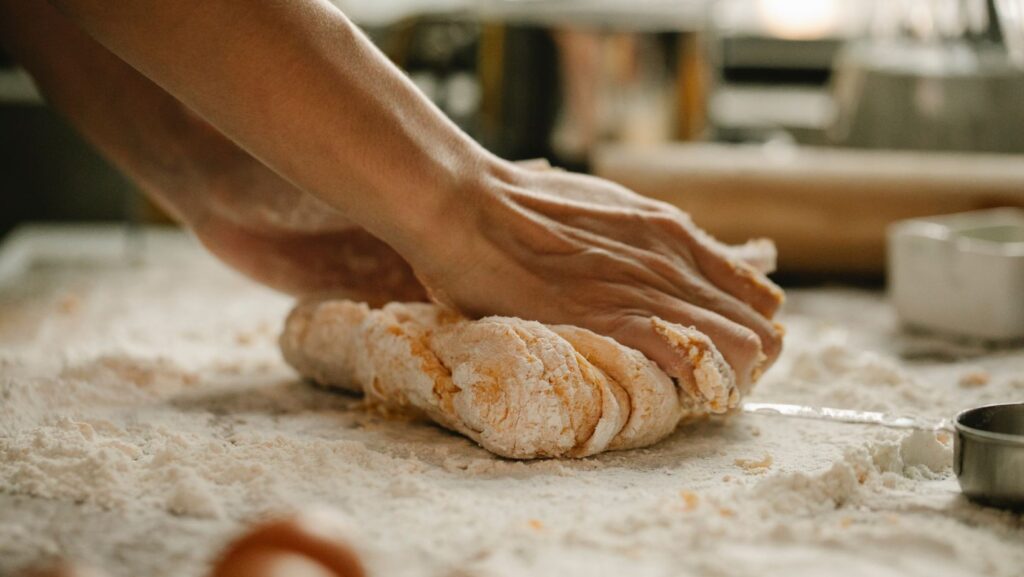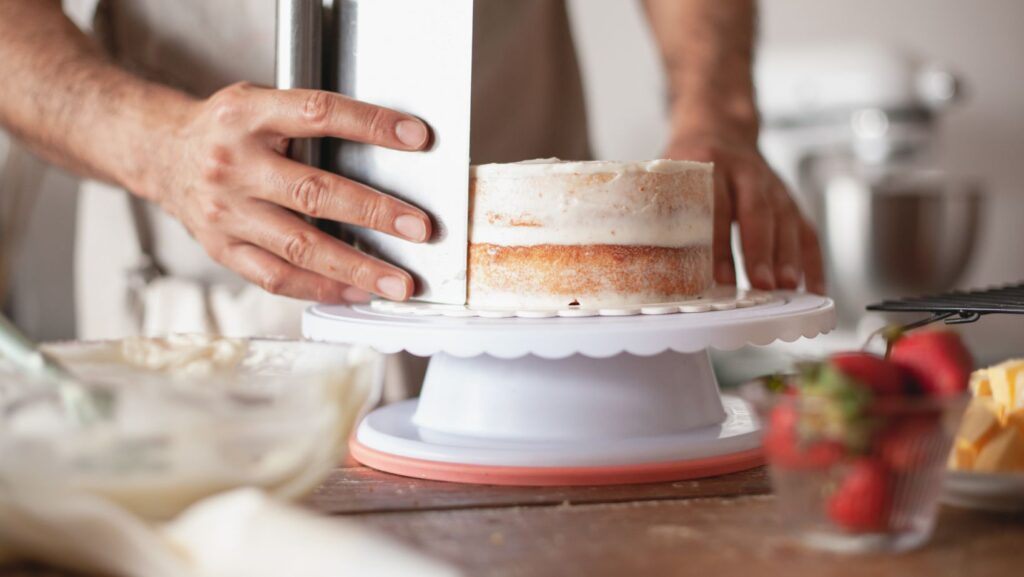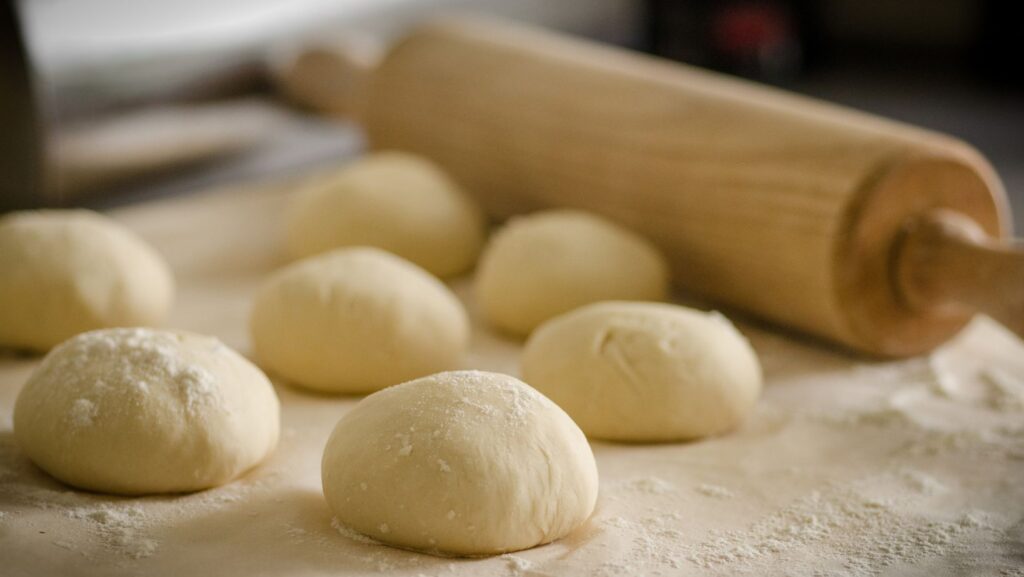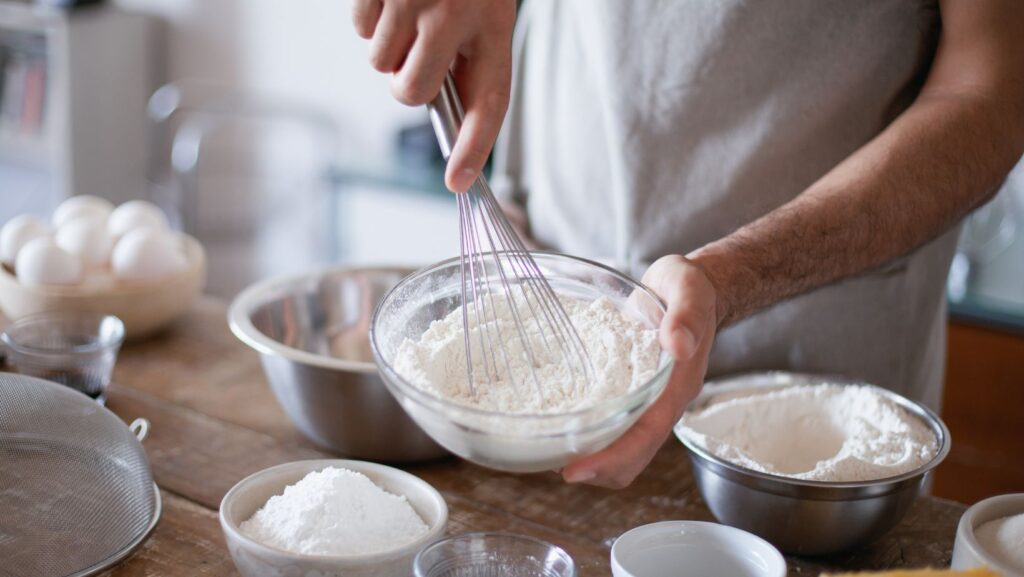Baking Tips and Tricks

Delving into the world of baking can be as thrilling as it is daunting. Whether you’re a novice baker trying to whip up your first batch of cookies, or a seasoned pro looking to elevate your pastry game, there’s always something new to learn. This article promises to unfold an array of baking tips and tricks that’ll help you conquer the kitchen with confidence.
Transitioning into a baking journey requires proper gear. While the previous section delivered various baking tips and tricks, this segment focuses on the fundamental tools needed in every baker’s armory.
Choosing the Right Baking Tools
Selecting appropriate baking tools serves as a stepping stone towards advanced baking skills. It’s not an exaggeration to reckon that tools bear a significant impact on the baking outcomes.

Understanding the functions of basic baking tools, such as a sturdy mixing bowl or a reliable spatula, primes for successful baking adventures. For starters, high-quality baking sheets or pans ensure even heat distribution; this attribute guarantees consistent baking. Parchment papers, for instance, play a pivotal role in a baker’s life. They prevent sticking, making the clean-up process a breeze, while also improving the overall quality of the bake.
Likewise, silicone baking mats are a godsend. They are reusable and provide an even surface, assuring that cookies won’t spread too thin. For instance, consider a restaurant-grade aluminum baking sheet – it doesn’t warp in the heat, a common problem with lighter weight pans.
Must-Have Measuring Equipment
Accuracy equals success when baking. It’s an axiom that accuracy is a chef’s best friend. In baking, precision isn’t just desired, it’s required.
Imperative on the list of must-have measuring equipment are the measuring spoons and cups. These tools ensure that each ingredient is added in the right amount, leading to a well-balanced flavor. Consider the difference between tablespoons and teaspoons. One small miscalculation can lead to over-salted cookies or an overly dense cake.

Furthermore, a kitchen scale plays an irreplaceable role. Unlike cooking, where eyeballing can work, baking demands exact proportions. A kitchen scale provides accuracy down to the gram, ensuring consistency in baking outcomes. For example, a digital kitchen scale minimizes error margins in ingredient quantities, ensuring a perfect bake every time.
Digital thermometers, too, form an integral part of the baking tool kit. They deliver accurate temperature readings, allowing perfect control over the rawness or crispness of the bake. For instance, an oven thermometer measures the exact internal temperature, making certain the heat setting is precise.
So, equip yourself with these essential tools before stepping into the enchanting world of baking. Remember, the right tools and precise measurements are the essence of a seamless baking experience.
Preparing Ingredients
Before embarking on your baking journey, it’s crucial to comprehend the essential role of preparing ingredients.
Understanding Ingredient Ratios
Ingredient ratios play a significant part in achieving the perfect bake. Each type of baked good has its own specific ingredient ratio that creates a distinct texture and flavor. For instance, bread, a staple in many households, consists primarily of flour, water, yeast, and salt. The average ratio used in bread making is 5:3, meaning 5 parts flour to 3 parts water, by weight. Meanwhile, pastries such as pie crusts or shortbread cookies lean towards a 3:2:1 ratio – three parts flour, two parts fat, and one part water, by weight. Understanding these ratios allows for flexibility and creativity, as altering them can lead to various outcomes.
The Importance of Room Temperature Ingredients
Room temperature ingredients, often overlooked, can significantly impact the outcome of your bake. For example, butter at room temperature optimally incorporates sugar to create a fluffy and light texture in cookies and cakes. Similarly, room temperature eggs mix evenly into the batter, resulting in a uniform structure and texture. Cold eggs, on the other hand, could lead to a lumpy batter. Therefore, before you start baking, make sure your butter, eggs, and other key ingredients have had enough time to reach room temperature. This is a key factor in ensuring a successful bake. Understanding these principles takes one step closer to becoming a proficient baker, as it optimizes the outcome of your baked goods.

